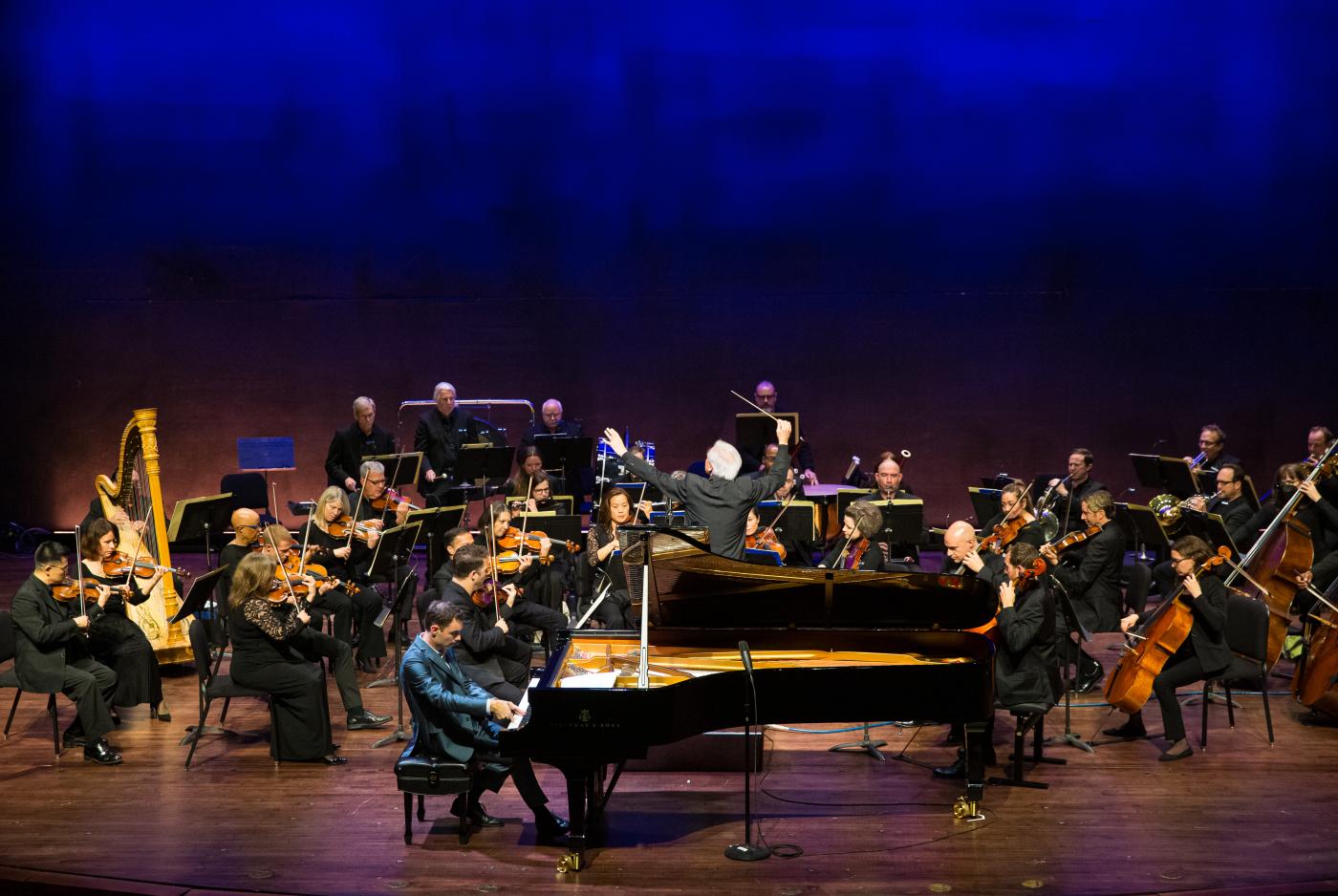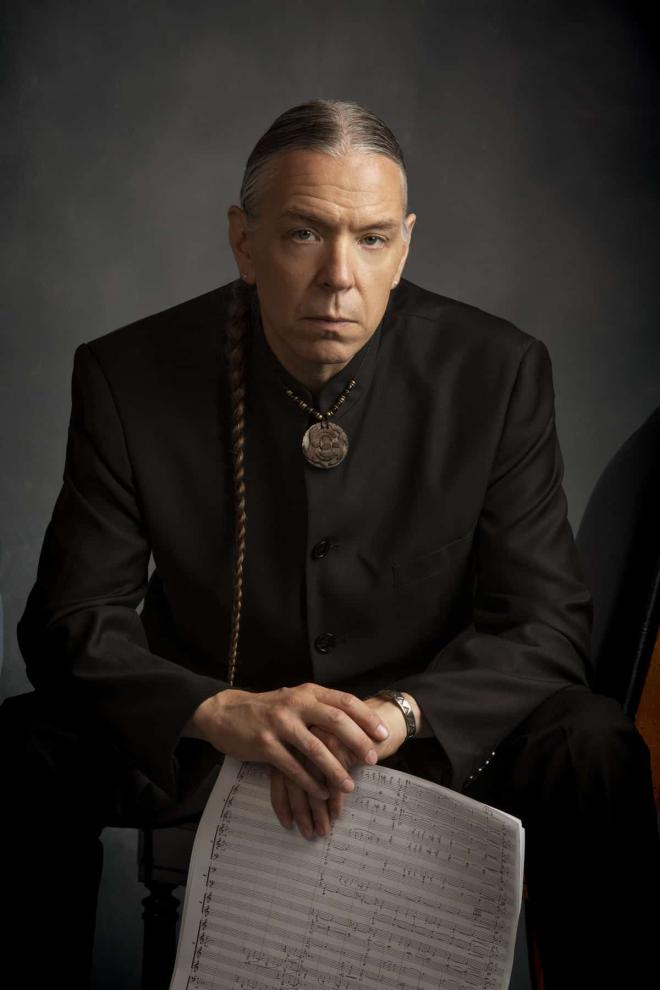PostClassical Ensemble is a treasure of an ensemble in the Washington area, and performs frequently at the Kennedy Center's Terrace Theater. Their next performance is on January 13th and is part of their annual event that celebrates the universal expression of the human spirit through music by inviting a living composer to curate the concert.
This year, Chickasaw composer Jerod Impichchaachaaha’ Tate curates the concert with his music and works by Barber and Prokofiev, and he graciously answered my questions.
John Banther: PostClassical Ensemble continues their New Year’s tradition of having a living composer curate a concert designed to uplift and inspire. You’ve titled (or themed?) the concert around, Fire and Light, tell us about what is behind this and how you seek to uplift and inspire as we begin the new year.
Jerod Impichchaachaaha’ Tate: Spider Brings Fire is one of my works on the program. It is our traditional fire-origin story and is of great significance to Muskogean peoples of the Southeastern United States, including the Chickasaw Nation. This, along with my work, entitled Fire and Light was the inspiration for this concert. All of my works are celebratory in spirit and I wish to convey optimism and uplift my World community.
JB: 4 of the 6 works are by you, why did you choose these specific works?
JIT: I am a Chickasaw classical composer whose life mission is the development of North American Indian classical composition. These works are a rich cross section of the wide array of works I have the privilege of creating. They cover different languages and themes relating to Indian Country.
JB: Also, the concert per tradition ends with the audience singing Amazing Grace with the ensemble. Did that factor in why you chose to open the concert with a hymn? (is it from the Muscogee Hymn Suite?) How did hymns become a part of American Indian music?
JIT: The Amazing Grace theme was certainly a factor of deciding the opening music. European hymns were adapted and transformed (appropriated) from our immigrant brothers and sisters from the British Isles. Tribes throughout Indian Country have a vast repertoire of hymns, sung in our languages and adapted into our styles of music.
JB: The other 2 works are by Samuel Barber and Sergei Prokofiev, how do they fit in within the program?
JIT: Barber and Prokofiev are two kindred composers who were deeply connected to their national identities and composed works entirely relevant to their people and communities. I adore them both and am honored to be performed alongside them.
JB: In 2022 you were a Distinguished Alumni Award recipient from The Cleveland Institute of Music, and in 2021 were appointed a Cultural Ambassador for the U. S. Department of State. At this concert, you are also being presented with PCE’s American Roots Artist Award for outstanding contributions to American music. What does it mean to receive this award?
JIT: This means that I have the privilege of sharing positive and empowering energy to my Native cousins throughout North America. I love passing on artistic worlds to our Native youth and communities and I am fiercely proud to enlighten the world about Native America.
JB: Music by American Indian composers is woefully underrepresented on our concert hall stages. Besides listening to your recordings, are there other composers or ensembles you would recommend listening to?
JIT: I chose to relay the message that this is a beautiful era for Native people, in the arts and many other fields of achievement. It is simply time and we are ready. Everything is going well and in an upward trajectory. We are all the dreams of our ancestors - let us celebrate with love, joy and unity!
PBS PASSPORT
Stream tens of thousands of hours of your PBS and local favorites with WETA+ and PBS Passport whenever and wherever you want. Catch up on a single episode or binge-watch full seasons before they air on TV.

